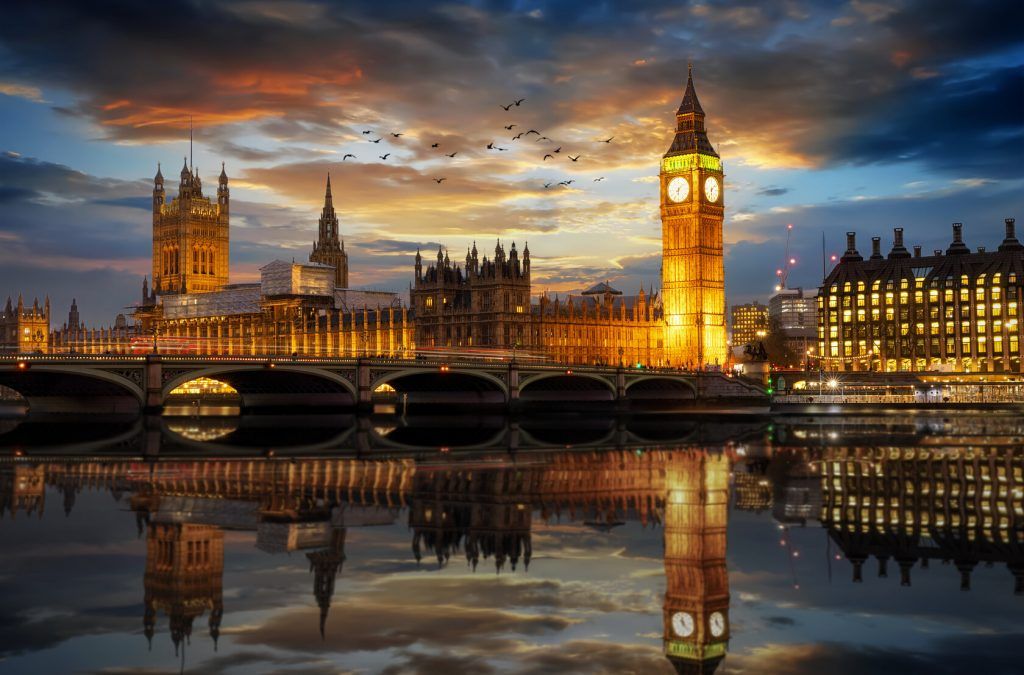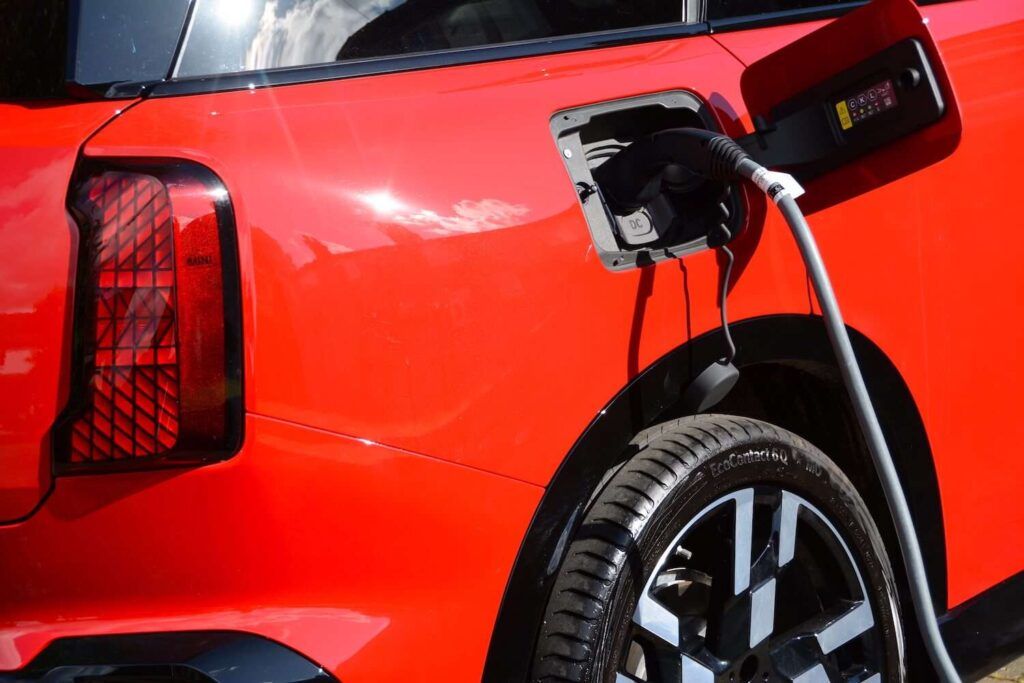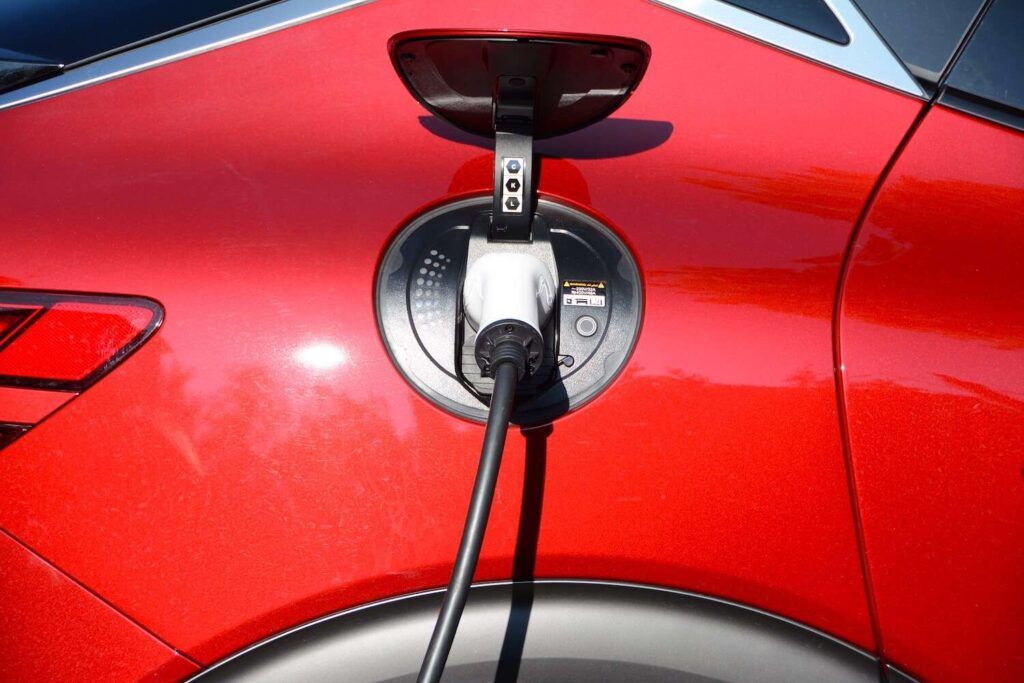New government plans to reduce carbon emissions significantly will be a “colossal challenge”, according to the National Audit Office (NAO).
The all-encompassing nature of achieving net zero means that all government bodies, including departments, arm’s-length bodies and executive agencies have a role to play, it said.
Despite an announcement today to reduce emissions by 68% by 2030, even faster progress than currently is going to be needed to get to net zero by 2050, including changes to the way electricity is generated, how people travel, how land is used and how buildings are heated.
The NAO shows there are risks to cross-government arrangements that need to be considered carefully, such as ensuring individual departments give net zero sufficient priority and that there are the necessary skills across government.
Government has not clearly set out the roles of public bodies outside central departments, despite many, including local authorities, playing critical roles in the achievement of net zero, it also reported.
The Department for Business, Energy and Industrial Strategy (BEIS) plans to launch a net zero strategy prior to the 26th United Nations’ Climate Change Conference of the Parties (COP26) in November 2021.
The NAO recommended that BEIS identify and evaluate which parts of the net zero strategy are uncertain, develop a plan that reduces this uncertainty, and set out a timetable for key decisions to be made.
It also said neither BEIS nor HM Treasury collate information on the overall costs and benefits of government policies in the area of net zero and recommended that government develop and monitor data on progress on net zero policies across government and gathers information on how much it has committed and spent.
BEIS has also recently begun considering how to engage the public in achieving net zero in a coordinated way, the NAO reported. It estimates that costs will be reduced if the public understands and accepts the changes that are required.
The costs of achieving net zero are highly uncertain, it said. The Climate Change Committee estimated in 2019 that the annual costs of achieving net zero could increase over time, to around 1-2% of GDP in 2050. BEIS is developing its own estimates of what net zero will cost between now and 2050, with this likely to be hundreds of billions of pounds. HM Treasury will investigate how these costs could fall between government, businesses and individuals, as part of a review which will conclude in 2021.
Speaking about the findings, the head of the NAO, Gareth Davies, said: “Government wants the UK to be a global leader in tackling climate change and achieving net zero is key to its ambitions. While emissions have reduced steadily in recent years, achieving net zero is an enormously challenging long-term project, which will require well thought-out cross-government coordination to drive unprecedented changes across society and the economy.
“Government needs to step up to the challenge, ensuring it has a clear strategy to achieve its goal and accurately monitoring progress. It will have to reach outside of Whitehall and bring together the public sector, industry and all of us as citizens in a coordinated national effort spanning decades.”












